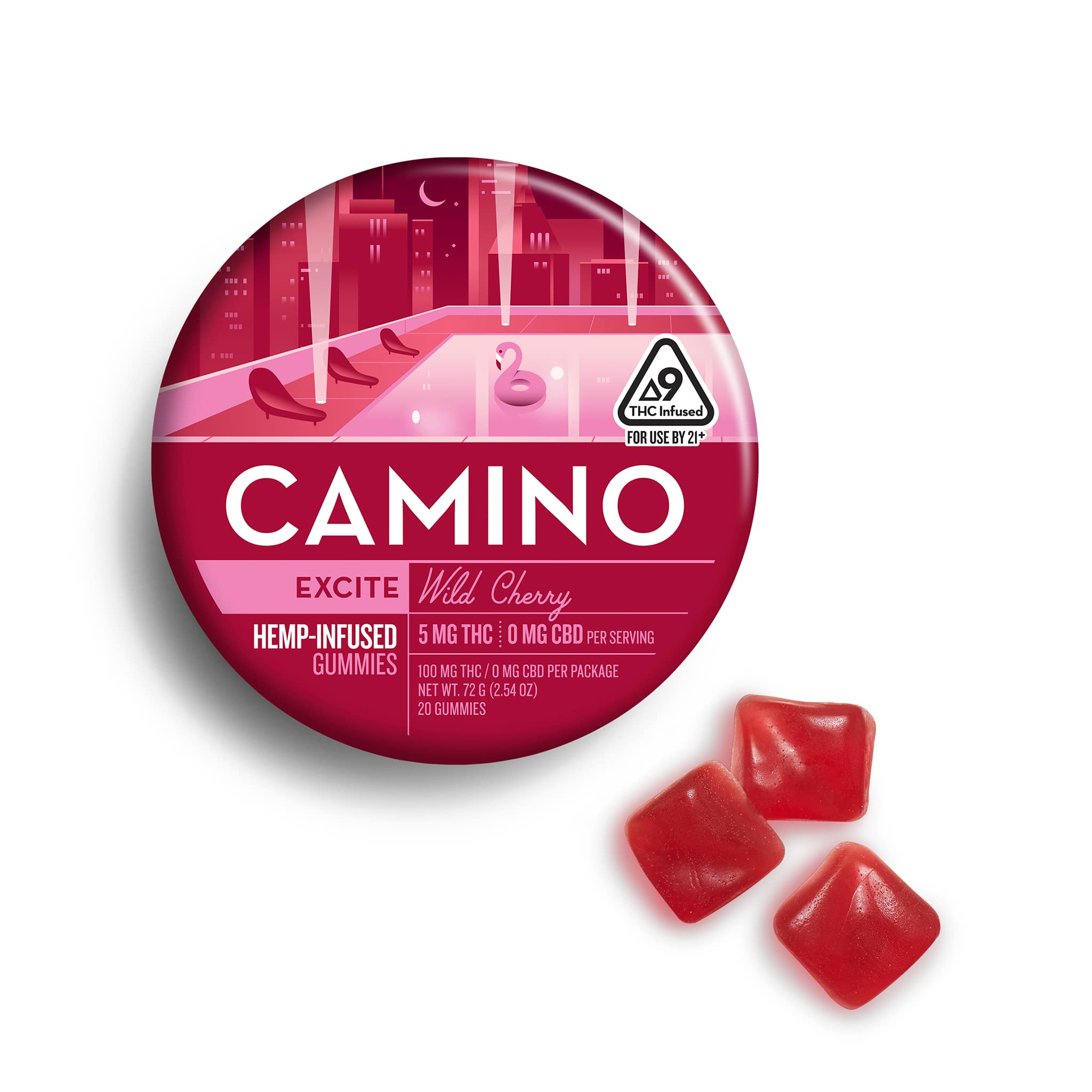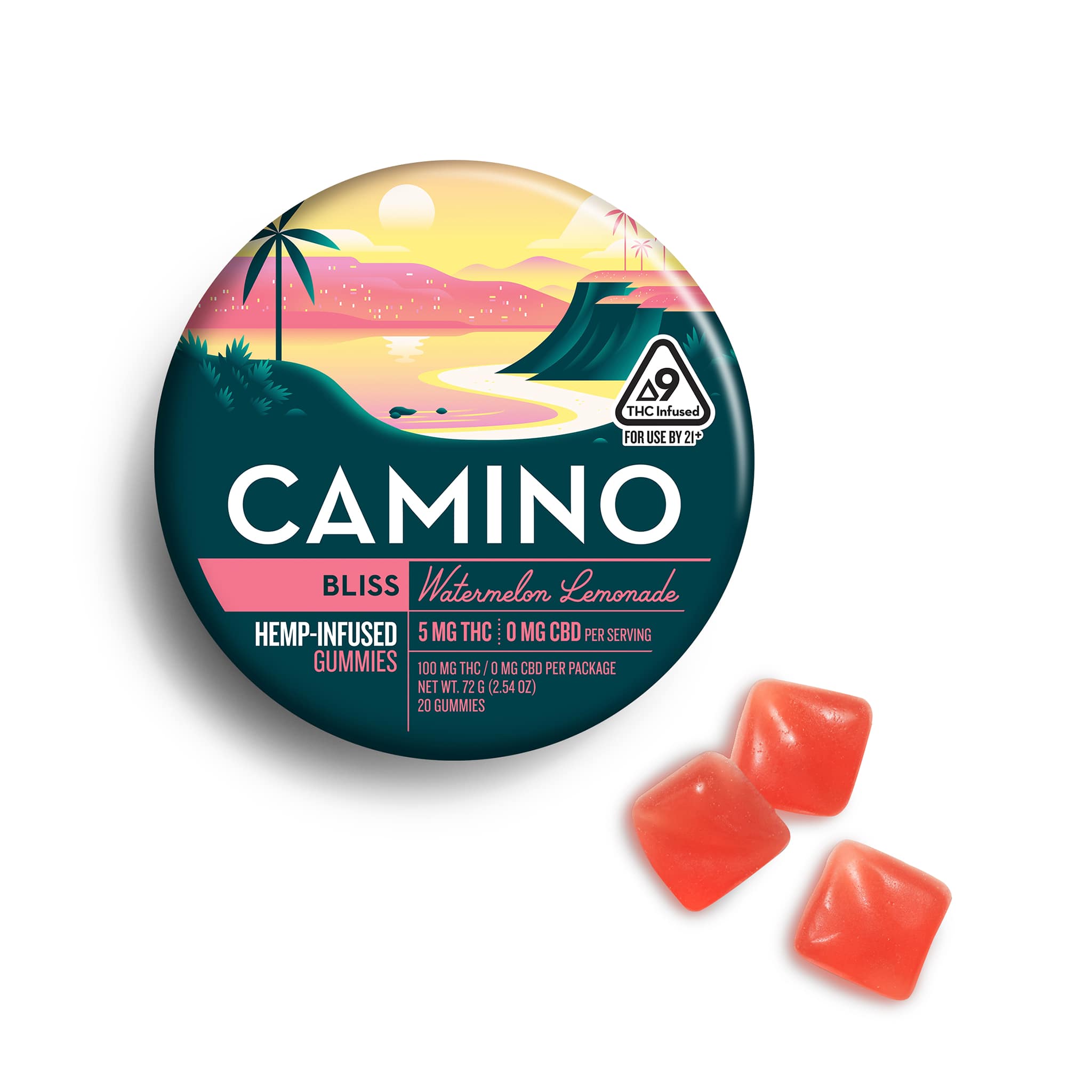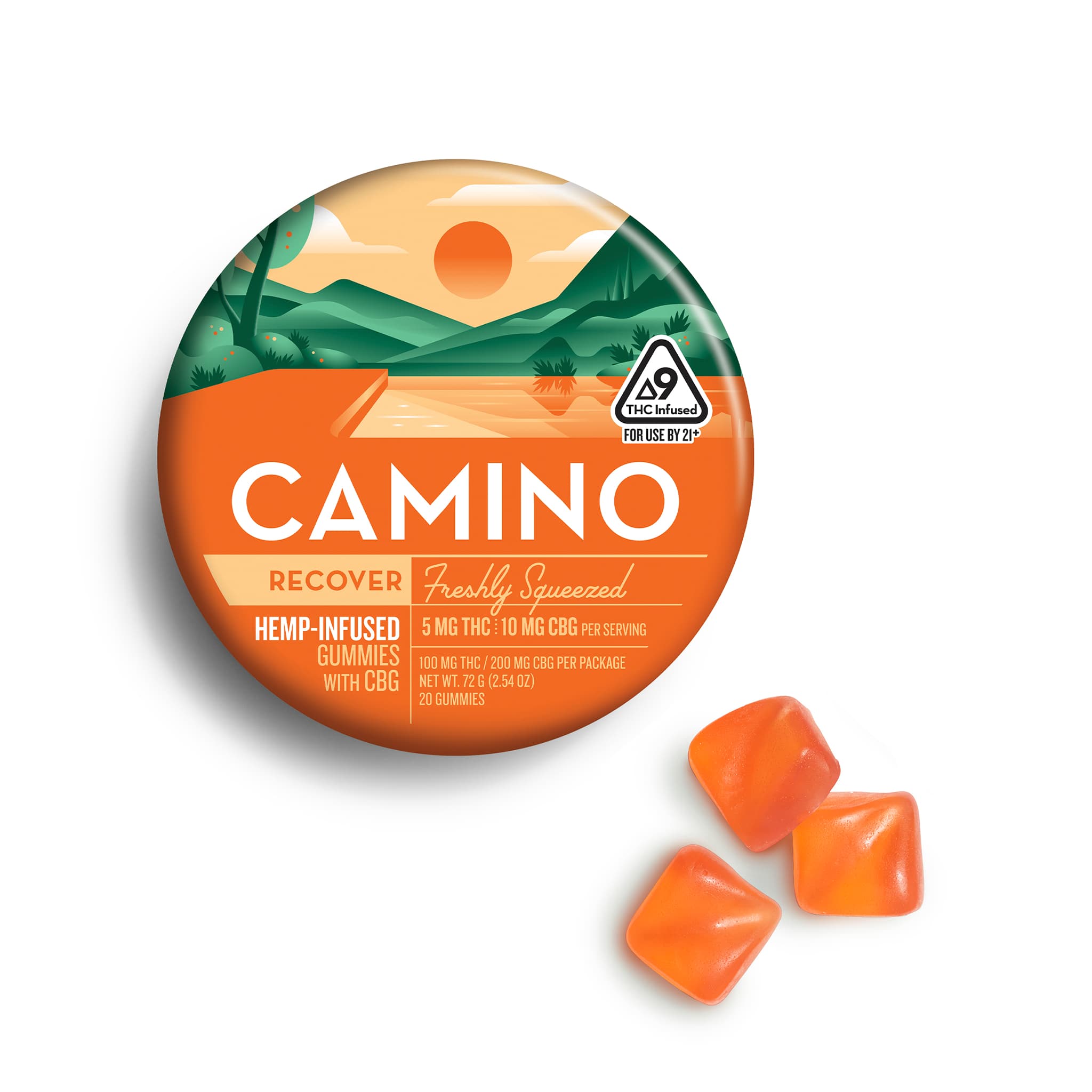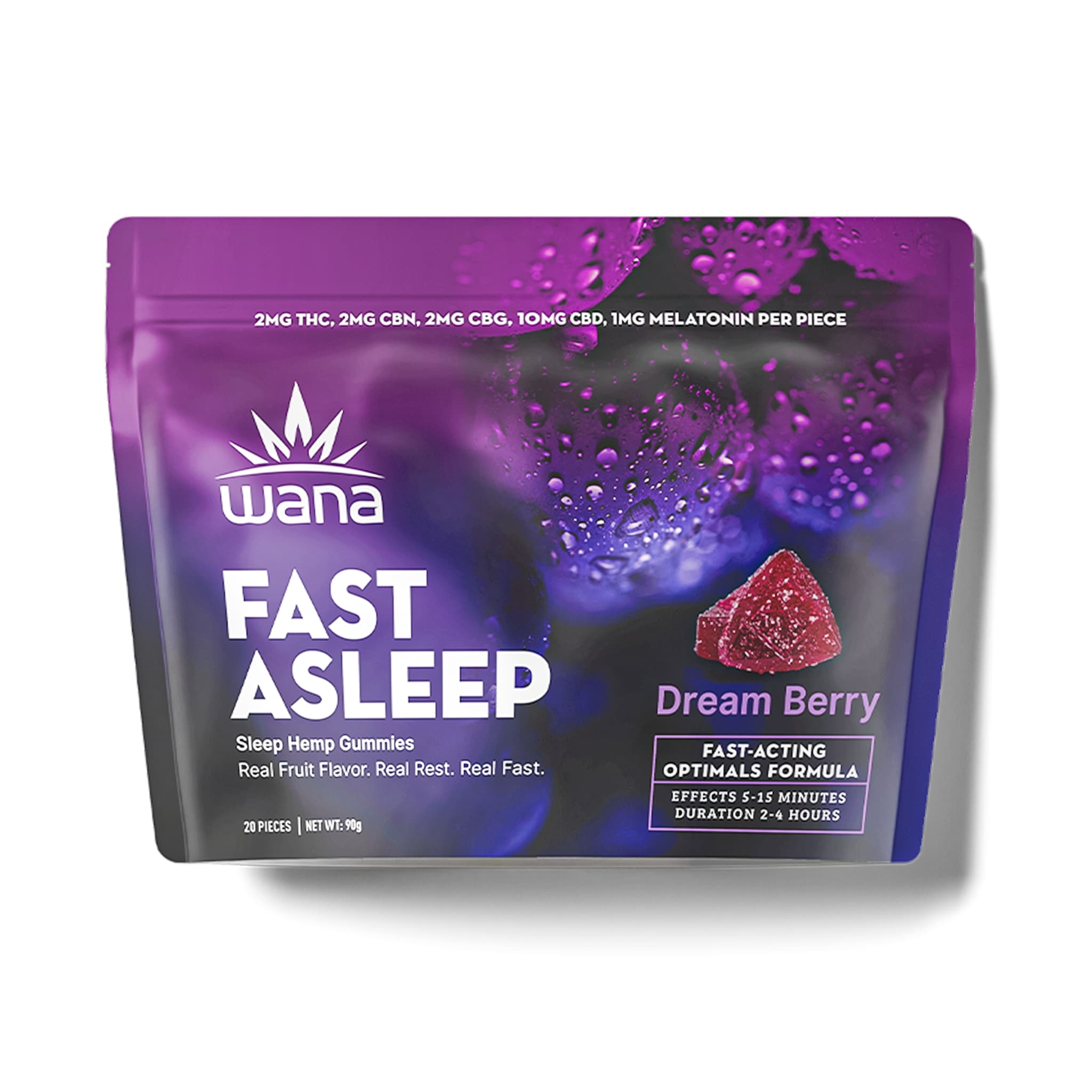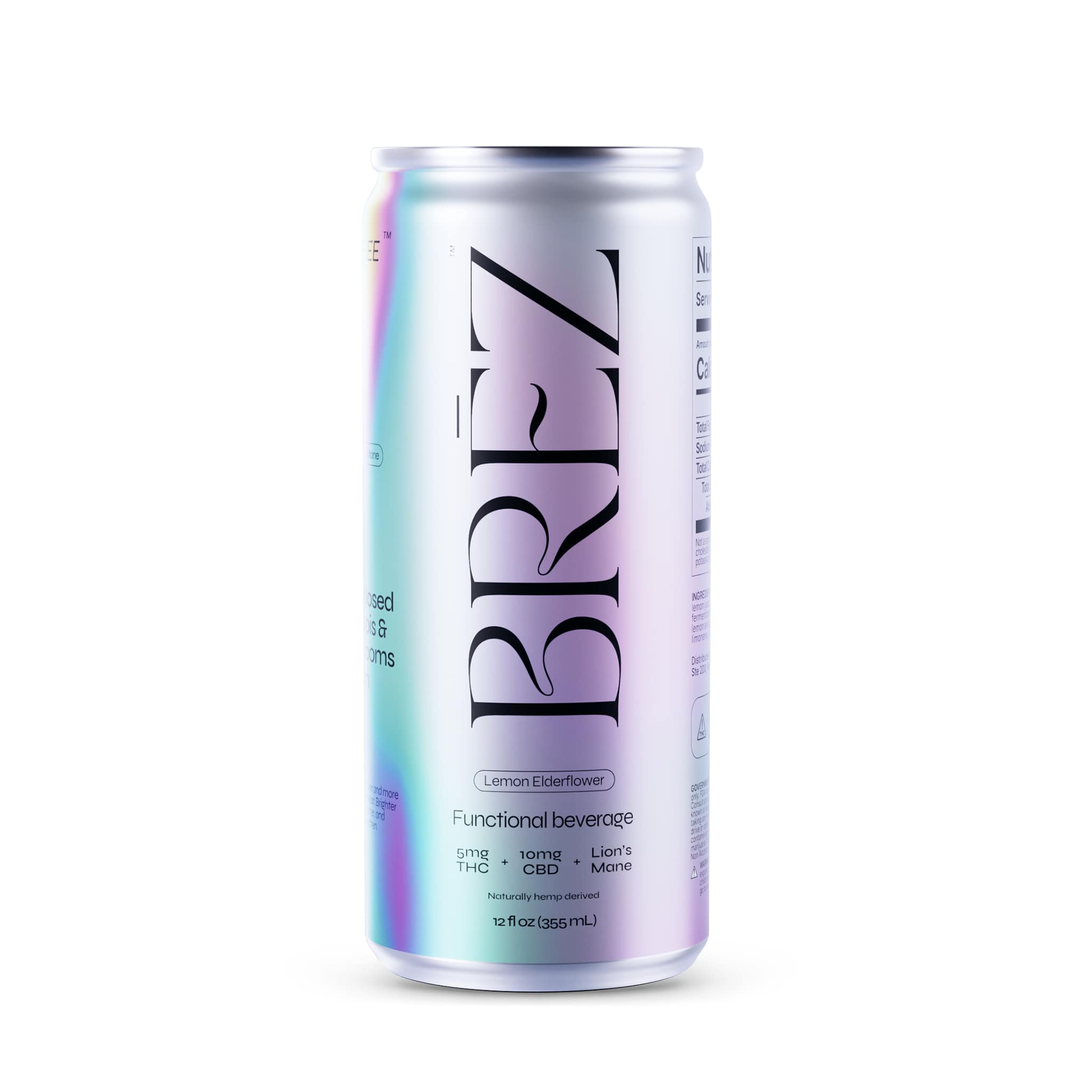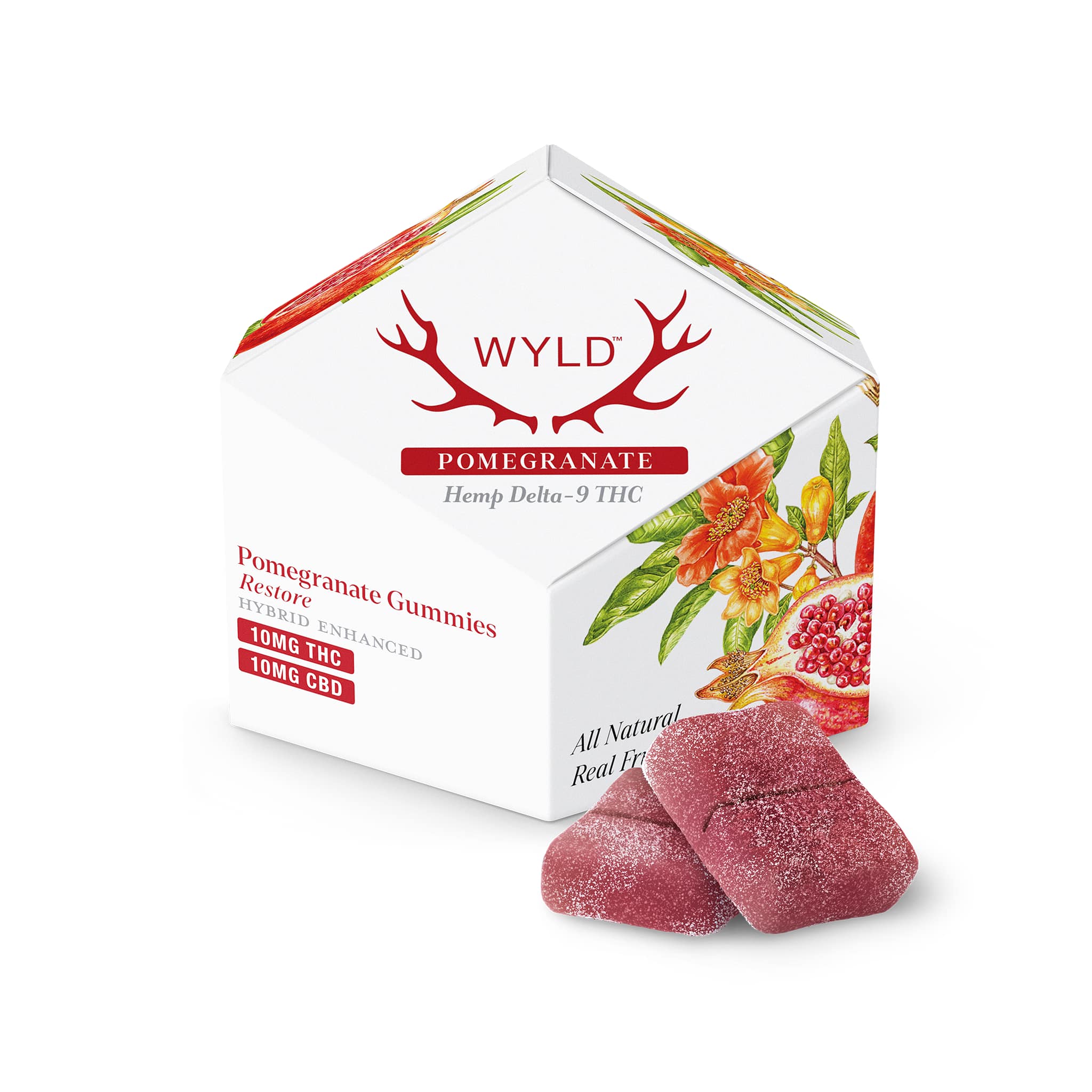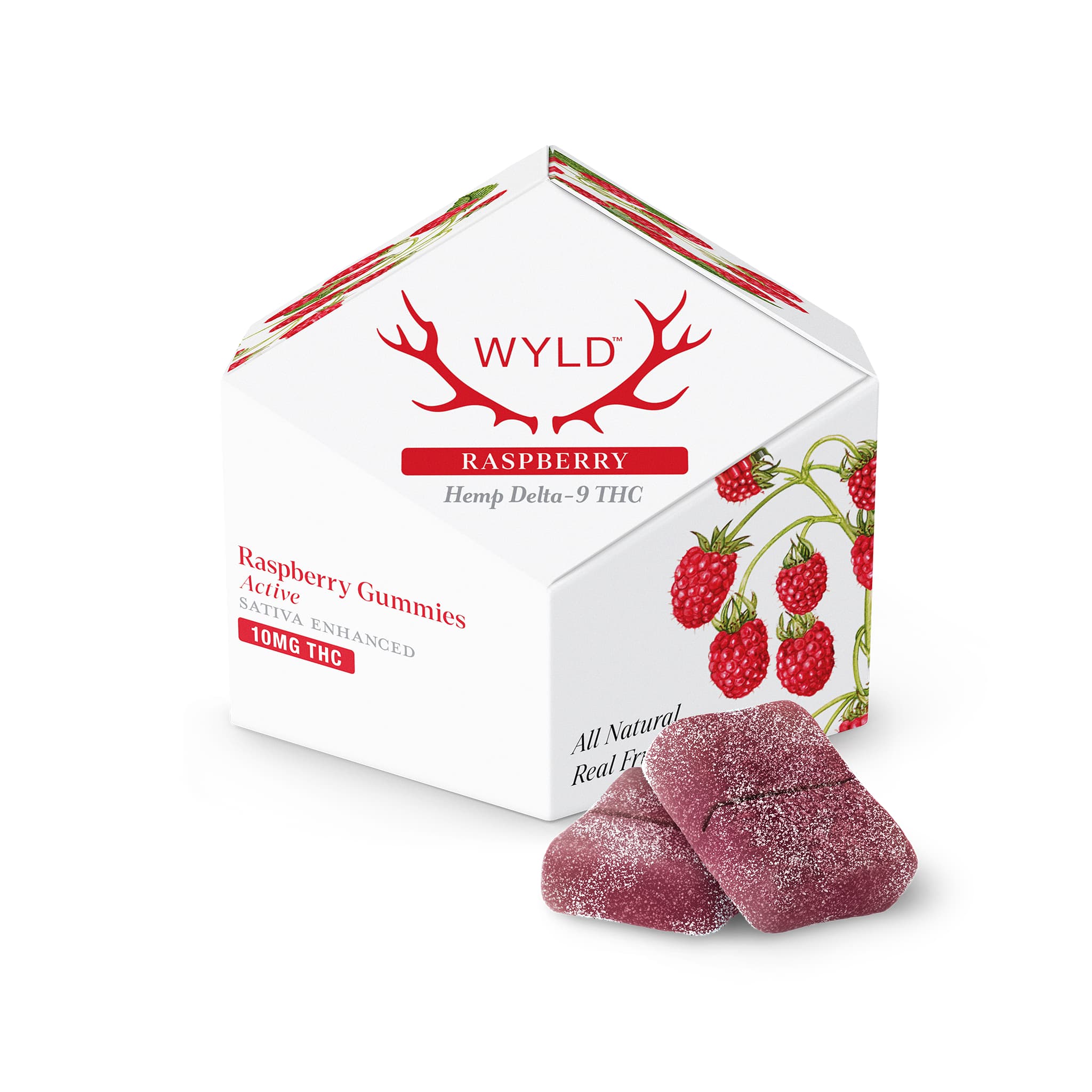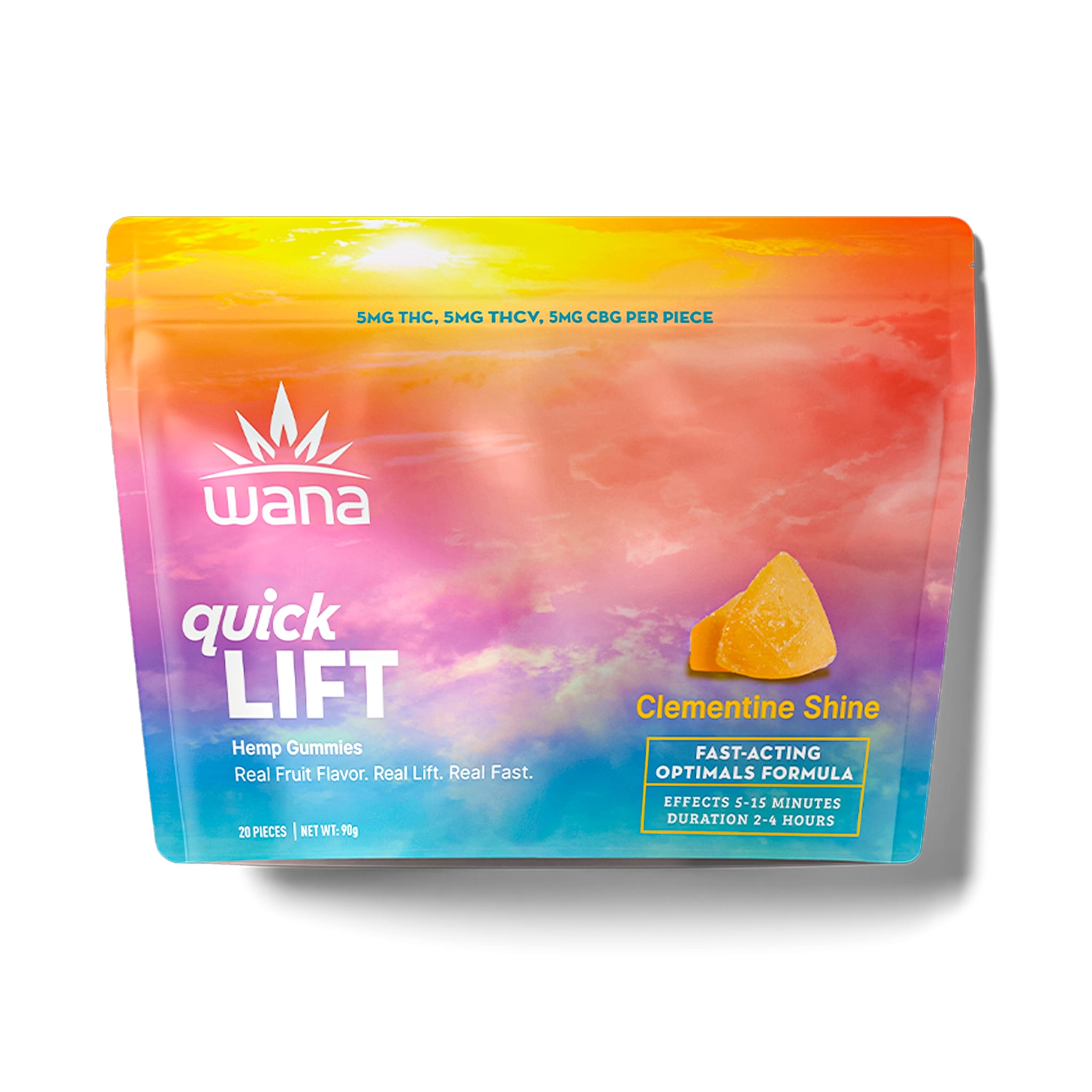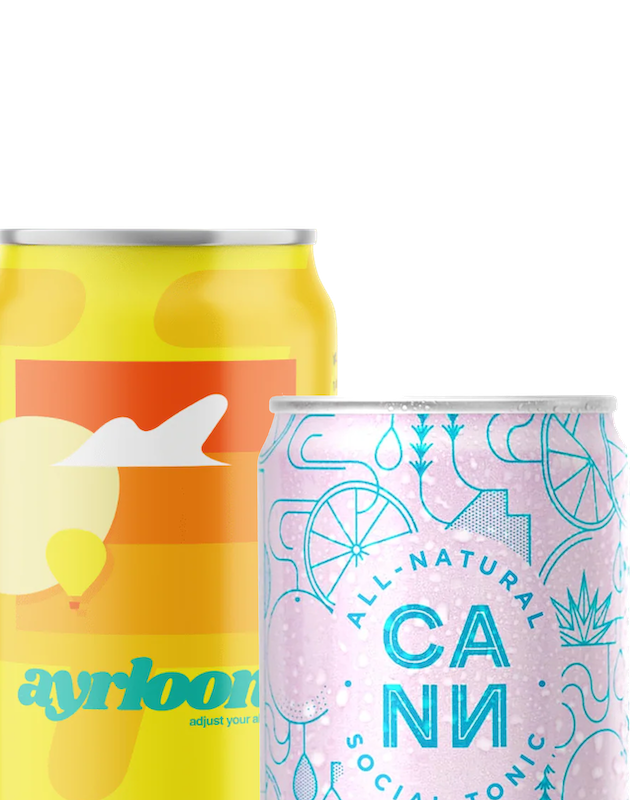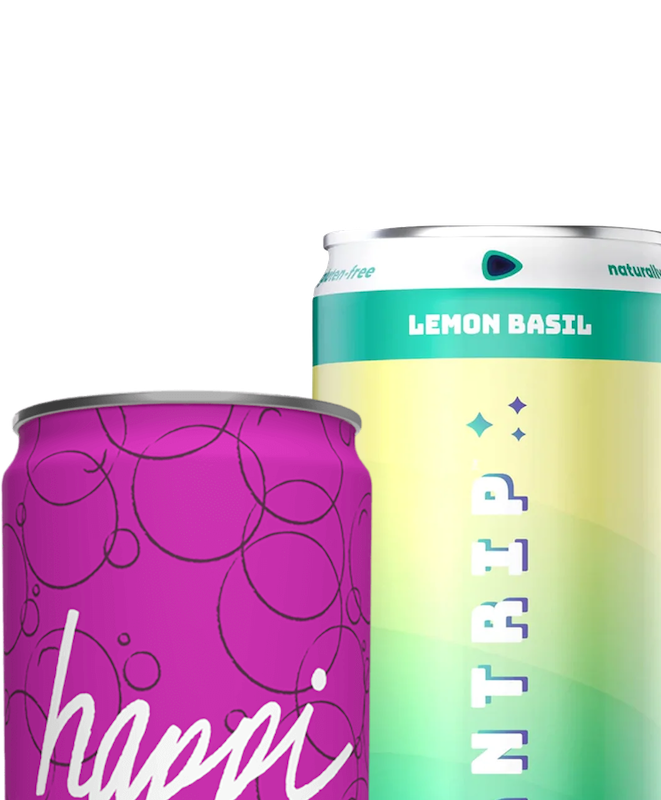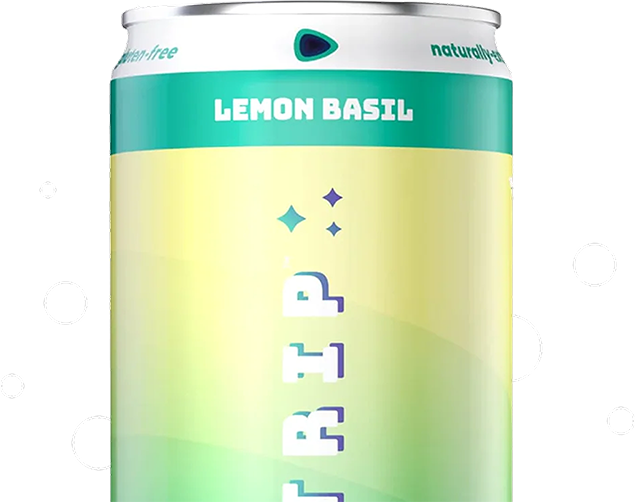Cannabinoids are the naturally occurring compounds found within the hemp plant that give it its celebrated effects. These compounds are the key players behind the therapeutic and experiential benefits people enjoy from consuming hemp. From the famous THC and CBD to a growing roster of “minor cannabinoids”, these compounds are the drivers of the hemp experience. Let’s dive into what cannabinoids are, how they work, and why they’re creating such excitement in the wellness world.
What Are Cannabinoids?
Cannabinoids are a class of compounds found in hemp and other plants that interact with your body’s naturally occurring endocannabinoid system. The hemp plant is known to contain over 100 different cannabinoids, each with its own unique effects. The two most widely studied cannabinoids, THC and CBD, have become household names for their diverse uses, but many others, like CBG, CBN, and THCv, are emerging as research into hemp deepens.
Each cannabinoid has a distinct role and produces unique effects when interacting with the body. Your body’s endocannabinoid system helps regulate key processes such as sleep, mood, immune response, and memory. Hemp-derived cannabinoids can help your system achieve these functions to their fullest potential.
The Endocannabinoid System: Cannabinoids’ Pathway into the Body
The endocannabinoid system (ECS) is an essential signaling network in your body that helps maintain homeostasis, or your state of balance. The ECS is composed of three main components:
- Endocannabinoids: These are cannabinoids that your body naturally produces to perform a variety of functions.
- Cannabinoid Receptors: Located throughout your body, primarily in your brain and immune system, these receptors bind with cannabinoids to realize their benefits.
- Enzymes: Enzymes in your body help break down cannabinoids after they have completed their function and pass them through your system.
Your body has two primary types of cannabinoid receptors, the CB1 and the CB2. CB1 receptors are found mostly in your brain and central nervous system. CB1 receptors are known for producing psychoactive effects when activated by THC. CB2 receptors are more concentrated in your immune system and peripheral tissues. CB2 receptors contribute to immune modulation, pain relief when activated by CBD and other minor cannabinoids.
When you consume cannabinoids, they interact with these receptors, producing a range of effects—from relaxation and relief to heightened senses and reduced inflammation. This interaction is why cannabinoids are used by consumers for everything from enhancing relaxation to supporting focus and even managing chronic symptoms.
Key Cannabinoids in Hemp
THC (Tetrahydrocannabinol, or Delta-9 THC): The most well-known cannabinoid, THC is recognized for its psychoactive effects that produce the “high” often associated with hemp. THC has strong binding capabilities with CB1 receptors, which explains its more intense effects on the brain and nervous system.
- CBD (Cannabidiol): This cannabinoid has gained recognition for its calming effects and therapeutic potential. Known for supporting relief from stress and anxiety, promoting restful sleep, and even soothing discomfort, CBD has carved out a substantial place in wellness products. Unlike THC, CBD interacts with both CB1 and CB2 receptors in a way that does not produce psychoactive effects. CBD is a great option for consumers who want to experience some of the benefits of hemp, without the high.
- CBG (Cannabigerol): Known as the “mother cannabinoid,” CBG is the precursor to THC, CBD, and other cannabinoids in hemp. Although found in smaller quantities in hemp, CBG has shown promise in supporting digestive health, promoting focus, and relieving pain.
- CBN (Cannabinol): Often associated with relaxation, CBN is a byproduct of THC as it ages with time and environmental exposure. CBN is a popular cannabinoid in formulations intended for sleep, due to its calming, sedative qualities.
- THCV (Tetrahydrocannabivarin): THCv offers an energetic and uplifting experience. Known to promote focus and boost mood, it’s gaining attention as a compound of interest for those who want a clear-headed, alert experience. THCv does not produce a high on its own, but can reduce some of the negative aspects of the THC high when consumed in concert.
How Do Cannabinoids Work Together? Discovering The Entourage Effect
While each cannabinoid offers distinct effects, hemp enthusiasts and researchers are increasingly interested in how they work together in what is known as the “entourage effect.” This theory suggests that cannabinoids are more effective when they interact together rather than in isolation.
For example, CBD and THCv can modulate the psychoactive effects of THC, offering a more balanced total experience. Research is still uncovering the myriad ways that these cannabinoids interact with each other, and the hemp edible is moving in lock-step with that innovation.
Benefits of Cannabinoids
The potential benefits of cannabinoids are wide-ranging, with different cannabinoids used for various purposes depending on the individual’s needs. Hemp affects everyone differently, to some extent, but there are general correlations between different cannabinoids and a consumer’s desired feeling. You’ll notice that many cannabinoids have multiple functions, especially when paired with others.
- Relax: THC, CBD, CBG, and CBN are popular for their ability to induce chilled-out feelings. These cannabinoids interact with your body to help balance mood. People often use these cannabinoids to enhance social or pleasurable experiences.
- Sleep: THC, CBD, CBG and CBN are popular cannabinoids for promoting sleep and rest. THC can help consumers fall asleep, while CBD, CBG and especially CBN promote deep rest. Edibles designed for sleep have become a go-to for consumers seeking a natural alternative to conventional sleep aids.
- Uplift: THC, THCv, and CBD can help with energy and alertness. These cannabinoids can help you stay focused and social without drowsiness or fatigue. Folks enjoy these cannabinoids for their functional effects.
- Energy: THC, THCv, CBD, and CBG can offer energizing effects. These cannabinoids have found a home amongst consumers looking to gear up for physical activity, exercise, and recreation. These cannabinoids can provide a stimulating effect, reducing the need for caffeine or other conventional energy boosters to meet the challenges of your day.
The Future of Cannabinoid Research
Cannabinoids are at the forefront of wellness science, and research continues to uncover new potential benefits and applications. Scientists are exploring cannabinoid formulations for neuroprotection, immune modulation, and mental health support. With advancements in technology, come advancements in consumer options designed to achieve targeted wellness effects.
Choosing the Right Cannabinoid Product
When choosing cannabinoid products, consumers can consider a range of options depending on their desired effects. Reading labels carefully, understanding the differences and similarities between each cannabinoid, and consulting with expert sources like Edibles.com can help you find the ideal product for your needs. With a deeper understanding of cannabinoids and their unique benefits, you can enjoy a more customized approach to wellness and experience the benefits of hemp to the fullest.
Conclusion
Cannabinoids are the essential building blocks of the hemp experience. From the well-known THC and CBD to emerging compounds like CBG, CBN, and THCv, cannabinoids interact with the body’s endocannabinoid system to provide a range of beneficial effects. Whether you’re seeking better sleep, enhanced relaxation, improved energy, or mood support, cannabinoids offer a natural and versatile option for enhancing your life.



